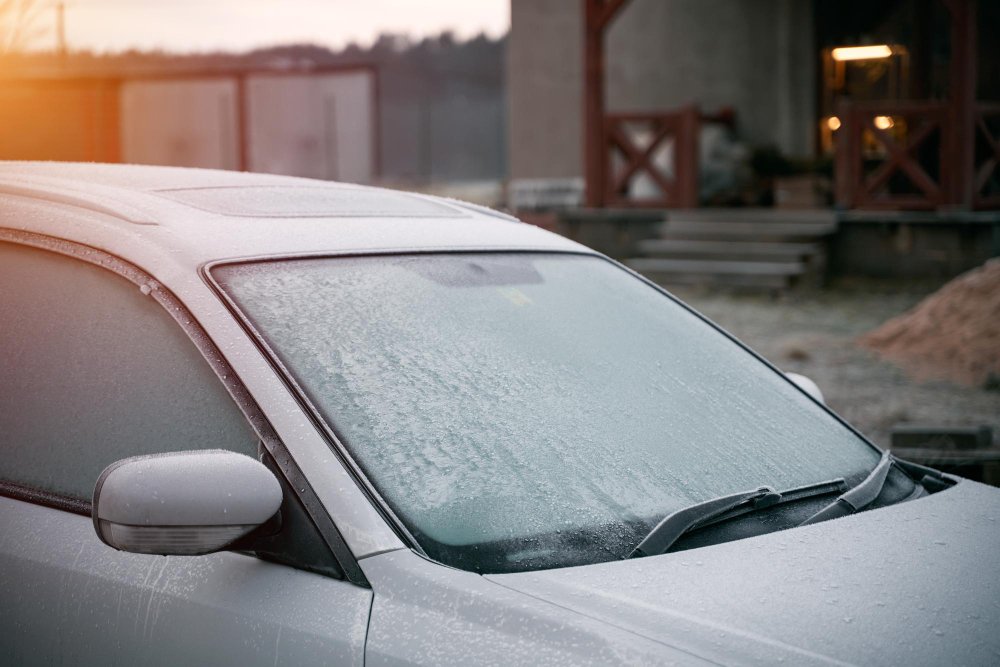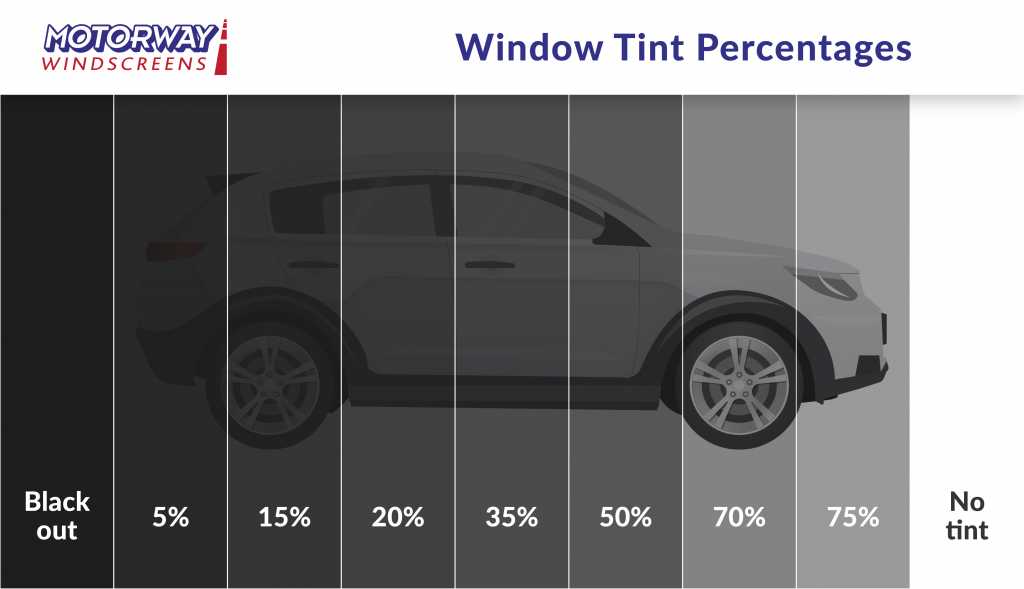How Window Tinting Can Improve Privacy and Reduce Heat in Your Car
How Window Tinting Can Improve Privacy and Reduce Heat in Your Car
Blog Article
Home Window Tinting Regulations: What You Need to Know Before Tinting Your Cars And Truck
Understanding home window tinting regulations is crucial for any kind of car proprietor considering tinting their cars and truck. As you ponder enhancing your car's look and functionality, it is important to understand not just the lawful effects but additionally the useful factors to consider that come with picking the right color.
Significance of Comprehending Color Rules
Recognizing window tinting legislations is crucial for car owners to ensure conformity with state regulations. These laws dictate the acceptable degrees of color darkness and reflectivity, which can significantly vary from one territory to one more. Stopping working to stick to these policies can lead to penalties, required elimination of the color, and possible complications throughout automobile examinations.
Moreover, understanding these regulations helps vehicle owners make informed decisions concerning their tinting alternatives. Various kinds of window movies offer different benefits, such as UV protection, heat rejection, and glare reduction. However, without knowledge of the lawful limits, automobile owners risk choosing items that may inevitably cause legal issues.
Furthermore, understanding of tinting regulations promotes a safer driving setting. window tinting. Excessively dark colors can hinder visibility, boosting the risk of accidents, specifically during the night or in adverse climate problems. Police additionally use these regulations to make certain road security, making conformity not just an individual obligation yet a legal responsibility
State-Specific Color Laws
Each state in the united state has established its own details policies regarding window tinting, mirroring a diverse range of needs and standards. These guidelines can vary dramatically, impacting just how vehicle proprietors come close to setup and conformity. As an example, some states permit darker tints on back windows while enforcing stringent limits on front-side windows.
In addition, policies commonly specify allowable color materials and shades. Particular states forbid reflective colors altogether, while others might enable them to a limited level. Some territories mandate that lorries with colored windows show a sticker label indicating compliance with state legislations, supplying a clear identification for legislation enforcement.
Enforcement of these legislations likewise differs; some states are much more proactive, performing random checks, while others rely on issues or visible infractions to start enforcement. Automobile owners should know that failure to follow state-specific tint laws can cause fines, mandatory elimination of prohibited colors, or both.

Lawful Color Percentages
Establishing the lawful tint portions is crucial for automobile owners seeking to abide by state regulations. Each state has details laws governing just how much light has to pass via the home windows of a lorry, which is expressed as a percentage recognized as Noticeable Light Transmission (VLT) This portion varies substantially throughout states and can rely on the sort of window-- front side, back side, and windscreen.
For example, some states allow as little as 20% VLT on front side home windows, while others may permit up to 50%. Windshield tinting is often extra restricted, with many territories permitting just a narrow band of color at the top of the windscreen. On the other hand, rear home windows commonly have much more lenient laws, with some states allowing darker tints.
It is essential for lorry owners to acquaint themselves with their local laws to stay clear of prospective legal problems. This includes understanding how VLT is gauged, as it can differ based upon the sort of window film used. Remaining informed concerning these regulations guarantees compliance and advertises safe driving problems for both the vehicle proprietor and others on the roadway.
Consequences of Non-Compliance
Falling short to adhere to home window tinting legislations can result in substantial repercussions for automobile proprietors. The most immediate effect my website is the potential for web traffic quits and citations from police. Officers educated to identify unlawful color degrees may provide fines, which can vary by jurisdiction yet frequently vary from modest to significant amounts. Repeated infractions may lead to increased penalties, including greater fines or added factors on a motorist's license.

Insurance coverage business might additionally penalize for non-compliance, as illegal modifications can be deemed a breach of plan terms. If an event happens., this could affect insurance coverage rates or lead to problems in claims.
Ultimately, the consequences of non-compliance expand past immediate financial fines; they can influence a motorist's insurance coverage prices, legal standing, and total automobile value, emphasizing the importance of sticking to neighborhood window tinting regulations.
Tips for Deciding On Tinting Options
Comprehending the ramifications of non-compliance highlights the importance of making educated options when selecting window tinting options. Firstly, acquaint yourself with your state's details legislations concerning color darkness and reflectivity. Each state has special regulations that determine the permitted restrictions, so ensure you stay within these standards to prevent penalties.
Second of all, take into consideration the kind of tint product. Options consist of colored, metalized, and ceramic tints, each offering differing degrees of heat denial, UV protection, and sturdiness. For circumstances, ceramic tints supply premium heat resistance without disrupting digital devices, making them a prominent choice.
Furthermore, analyze your primary function for tinting. If you look for improved personal privacy, decide for darker tints; however, bear in mind that this might affect presence at night. On the other hand, if glow reduction and UV security are your main issues, lighter tints may be sufficient.
Lastly, seek advice from a professional installer who is knowledgeable about regional regulations and can recommend top quality materials suited to your needs (window tinting). Taking these elements right into account will guarantee you make an educated choice, inevitably click over here enhancing both your lorry's visual appeals and capability
Final Thought
In conclusion, knowledge with home window tinting laws is essential before using color to a lorry. Each state imposes details guidelines concerning visible light transmission percents, especially for front-side windows and windscreens. Non-compliance can result in considerable fines, including penalties and obligatory elimination of non-conforming tint. By understanding lawful requirements and picking proper tint materials, vehicle proprietors can accomplish aesthetic enhancement while remaining certified with appropriate regulations. Adherence to these standards ensures both safety and complete satisfaction.
Understanding home window tinting regulations is essential for any type of vehicle owner taking into wikipedia reference consideration tinting their car.Understanding home window tinting regulations is critical for lorry owners to make certain conformity with state guidelines. Some states enable darker colors on back windows while enforcing rigorous restrictions on front-side home windows.
In comparison, back home windows typically have extra tolerant laws, with some states allowing darker colors. (window tinting)
In verdict, knowledge with window tinting regulations is necessary prior to applying color to a car.
Report this page